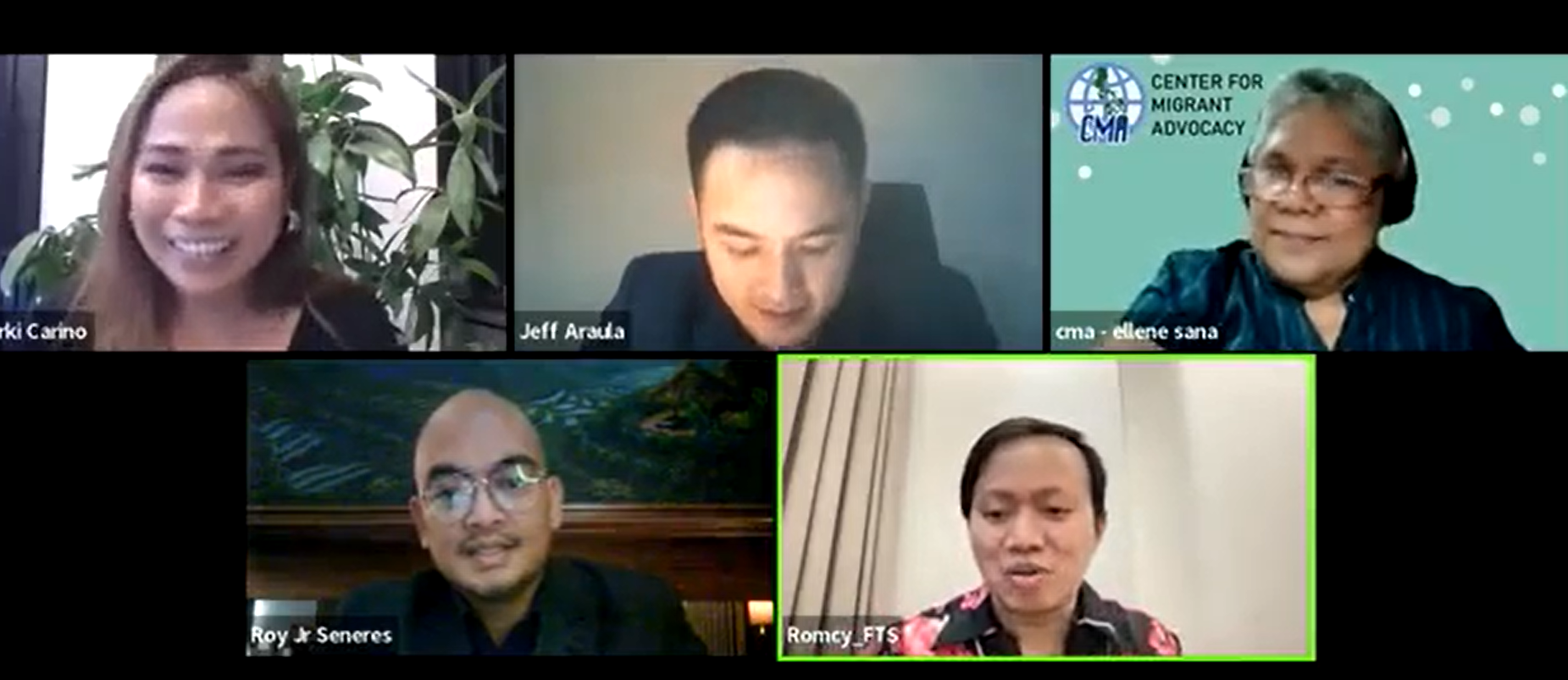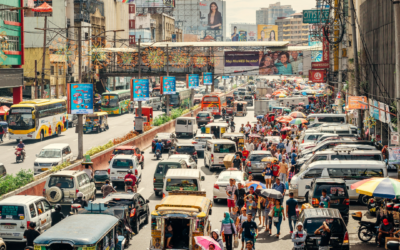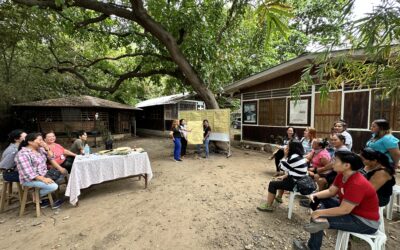Immigrants and overseas Filipino workers (OFW) are vital to the Philippine economy. It’s estimated of the 109 million people residing in the Philippines, 1.77 million Filipinos are OFWs. Despite their important role in the Philippine economy, many of these seasonal workers lack the respect, care, and rights they deserve. Employers and government officials often do not understand or respect these workers. As a result, OFWs are vulnerable to exploitation, abuse, and trafficking.
OFWs are often the particular targets of traffickers due to their unique circumstances. Typically, OFWs are away from home for long periods, which makes them feel isolated and desperate. Many are then recruited through the false promises of high-paying jobs and better working conditions. Once they arrive at their destination, they often find themselves in situations of forced labor or sexual exploitation. In addition, OFWs may be in debt after paying recruitment fees, forcing them to work off what is owed in harsh conditions.
By bringing attention to these issues, experts can help raise awareness and ensure that OFWs are treated fairly and protected from harm. In addition, discussing OFW rights can help identify gaps in existing laws and policies, leading to much-needed reform.
Romcy Madronio, FTS’s Regional Manager for Southeast Asia, recently moderated a discussion that focused on this subject, including how to uphold Filipino migrant rights, prevent human trafficking in the region and improve legislation. Madronio was joined by three other participants: Jeffrey Araula, an OFW in Vietnam with connections to the Hanoi International School, an institution that focuses on delivering a comprehensive education to a diverse group of children, Attorney Roy Seneres of the OFW Family Club Party-list, a group with representation in the Philippine House of Representatives, and Ms. Ellene Sana, the Executive Director of the Center for Migrants Advocacy Philippines.
During the discussion, Madronio raised the necessity of strengthening bilateral agreements between the Philippines and destination countries, as well as the importance of strengthening policies amid local government units to ensure migrant rights at the municipal level. Attorney Seneres affirmed the need to work on enforcing bilateral agreements to protect migrants and prosecute human trafficking cases. Ms. Sana provided case study evidence by citing several cities’ best practices in promoting safe migration and deployment of overseas workers to prevent human trafficking at the local level. By bringing their own expertise to the table, Madronio, Araula, Seneres, and Sana were able to better collaborate on this issue and work toward a mission shared by both FTS and its partners: ending modern slavery and ensuring freedom for all.
This discussion on human trafficking and the protection of OFWs is a step in the right direction. There are still many challenges to overcome, but by working together, we can create a better future for OFWs and improve the lives of those who have already been affected by abuse and exploitation.




